Porsche took a stunning, historic victory in the 83rd running of the Le Mans 24 Hours as Formula 1 star and race debutant Nico Hulkenberg helped take the German manufacturer’s 17th win in the famous French race.
Hulkenberg, joined by fellow rookie Earl Bamber and one of the stars of the race, Nick Tandy, produced a virtually flawless performance in the #19 Porsche 919 Hybrid to see off a determined challenge from Audi Sport as well as their own team-mates to secure the win in only the second year since Porsche returned to top-flight prototype racing with the two-litre V4-engined Hybrid.
The victory came on the 45th anniversary of Porsche’s first win at Le Mans in 1970, when Hans Hermann and Richard Attwood famously won in the now iconic red and white 917K. It also marked 17 years since Porsche last won the race.
For Hulkenberg, it was a dream debut as he became the first contemporary F1 driver to win since Johnny Herbert and Bertrand Gachot won with Mazda in 1991 and along with Kiwi Bamber, the first debutant to win at Le Mans since Laurent Aiello triumphed for Porsche in 1998.
The #19 machine led for more than half the race and by sunrise had a two-minute advantage over team-mates Mark Webber, Brendon Hartley and former winner Timo Bernhard in the #17 car (painted in tribute colours to the 917). By this stage Audi’s trio of R18 e-tron quattros had already run in to various problems.
Toyota meanwhile was bereft of the pace that made it such a potent force in 2014.
Porsche began the week with a pace advantage over its key factory rivals Audi and Toyota. Indeed Neel Jani set a record 3m16.877s pole time that represented the sixth fastest lap of all time around the legendary La Sarthe circuit – and the fastest of all since chicances were installed on the Mulsanne straight.
In the race however the Audis were much closer to Porsche and indeed the #7 R18 e-tron Quattro of Andre Lotterer, Benoit Treluyer and Marcel Fassler had battled past the 919 Hybrids and into the lead by the second hour. Not only that Audi devised a way to make its Michelin tyres last four stints which allowed them to counter Porsche’s speed, as the 919s were lasting three stops.
But this never really played out for Audi as Lotterer stopped out of sequence with a puncture from that lead and then Loic Duval crashed the sister #8 Audi heavily in traffic at the run in to Indianapolis corner. Remarkably the car was repaired in under four minutes, while the guardrail replacement took rather longer, causing a long safety car period.
This balance of power swayed between #17 and #19 Porsches and the #9 and #7 Audis, until the turning point came at around half distance as Porsche switched to quadruple stinting its drivers in the colder temperatures, diminishing Audi’s tyre advantage.
That, along with stellar stints from Hulkenberg and Tandy during the night, as well as one-minute stop-and-go for the next closest Porsche of Webber, put the #19 into a lead it would control to the end.
Audi’s three-time Le Mans winning #7 crew took third though not without more problems, which blighted all three Audi cars.
Last year’s challengers Toyota were never really in the race competitively, and in a race with a remarkably high finishing rate among the top factory entries, could manage no better than sixth and eighth positions.
Nissan, whose unique front-engined GT-R LM Nismo prototype has turned heads since its unveiling could clearly not match the pace of the conventional machines. This was partially due to well-documented issues with its hybrid power delivery and partially due to a lack of track time. But still the team brought one car to the finish after a catalogue of problems for all three GTRs.
Nissan did taste victory however as its engine powered the Oreca 05 of KCMG that dominated the LMP2 class in the hands of Richard Bradley, Matthew Howson and Nicolas Lapierre.
Chevrolet's Corvette scored an emotional win in the GTE Pro class after a tough week that saw the team have to withdraw one of its two C7.Rs because of a massive accident for Jan Magnussen in the Porsche Curves during qualifying.
The battle for GT was pitched, and at one point or another Aston Martin, Ferrari and Corvette all held sway. But with all three Astons hitting problems and the leading AF Corse being forced to stop from the lead with gearbox problems in the last couple of hours, the #64 Chevrolet C7.R of Oliver Gavin, Tommy Milner and Jordan Taylor came through to win. In the case of the Briton, it was his fifth class win for the manufacturer.
Aston Martin came extremely close to securing a consolation win in GTE AM, but Paul Dalla Lama crashed out of the lead in the Ford chicane as the track dampened in a late rain shower handing the win to Ferrari with the SMP Racing team.
Simon Strang
Get the latest car news, reviews and galleries from Autocar direct to your inbox every week. Enter your email address below:

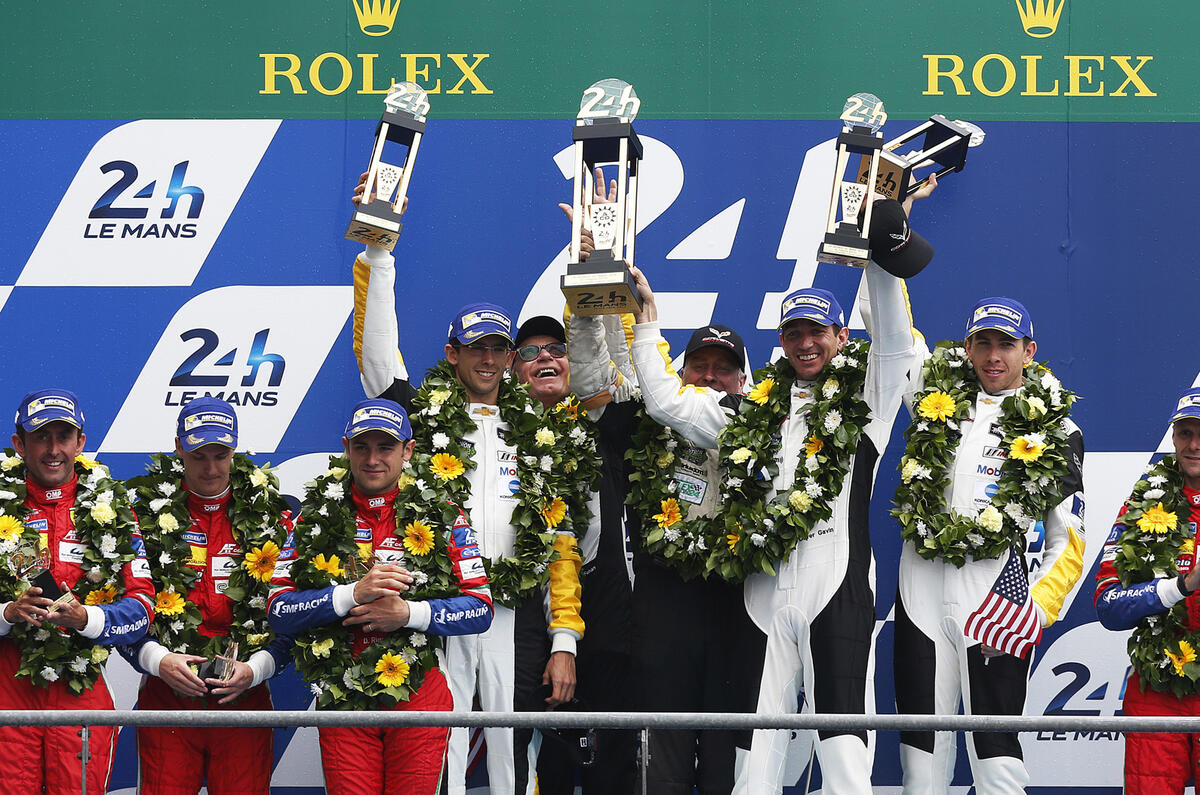
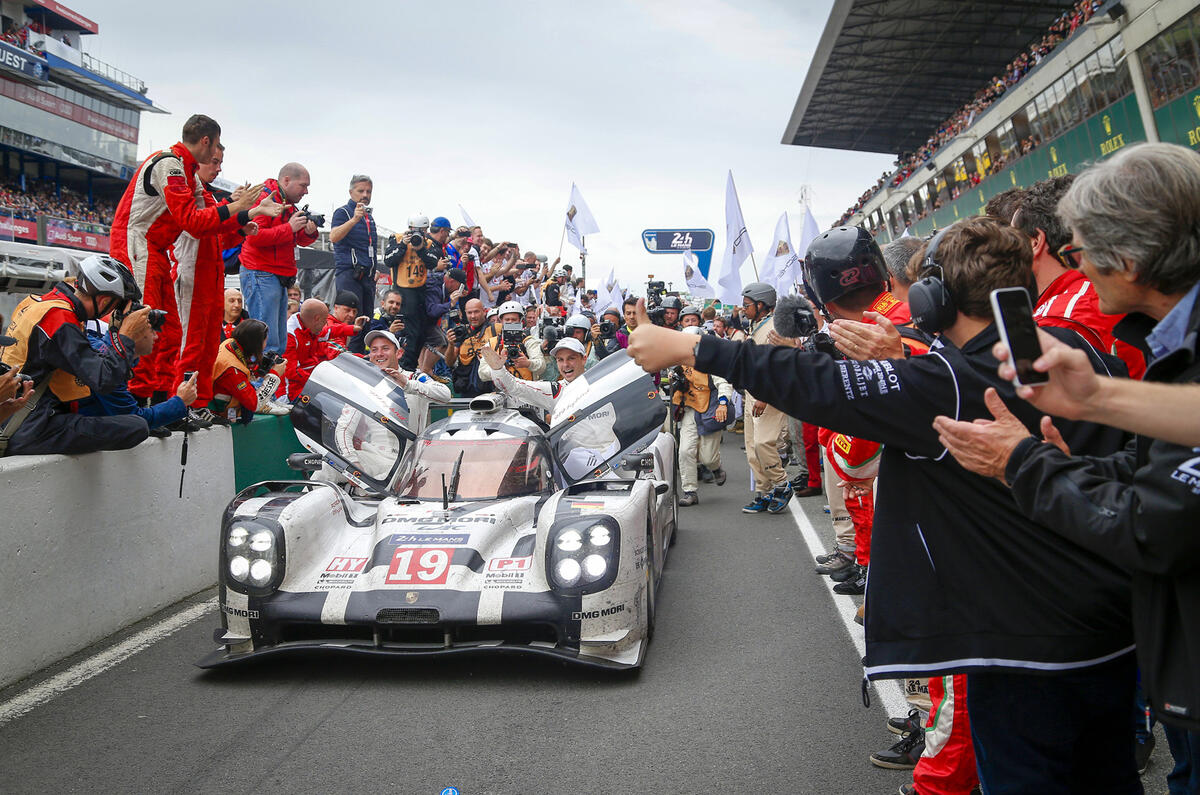
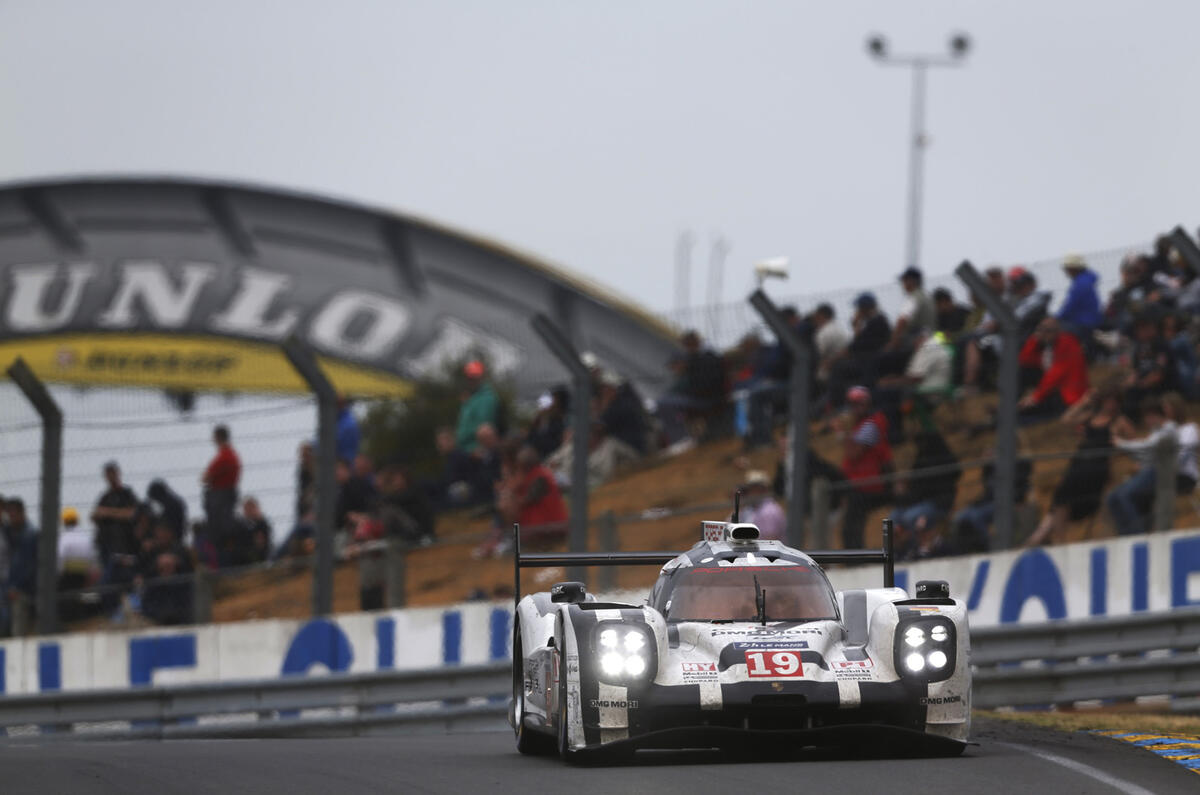
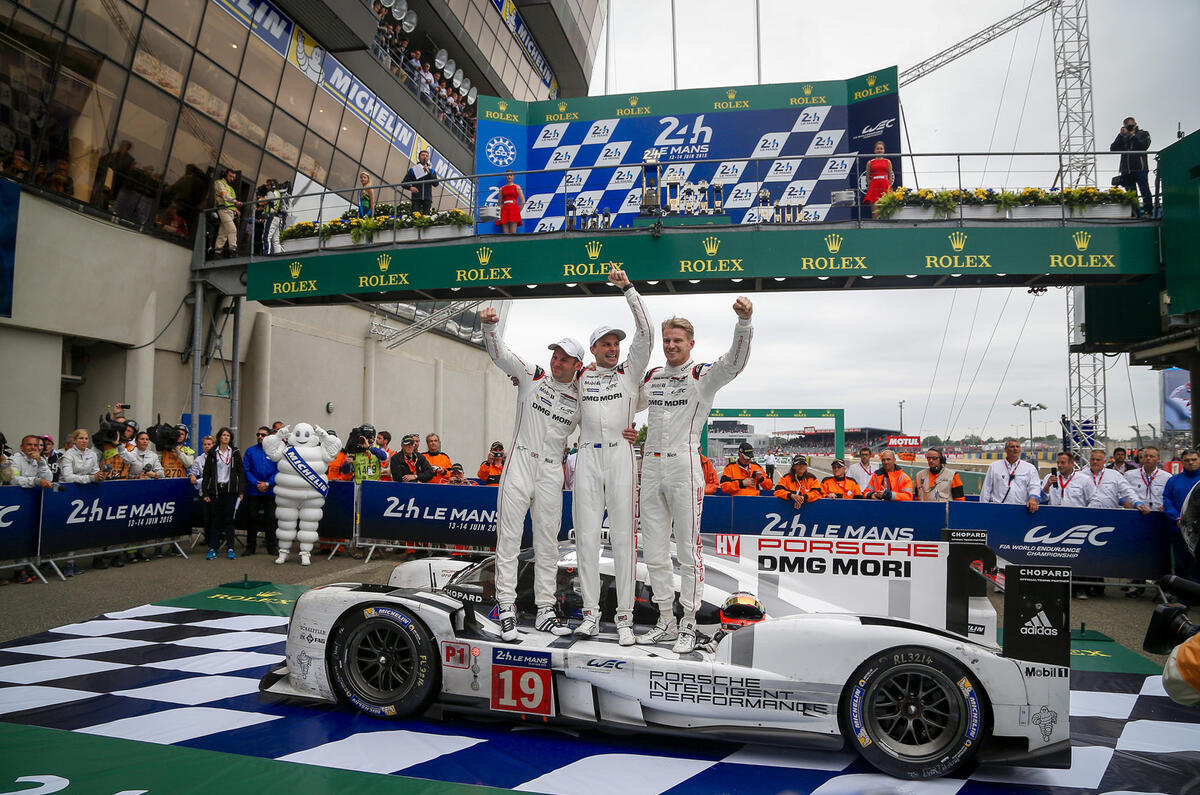
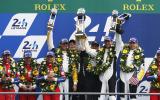
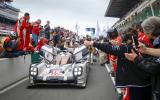
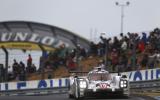
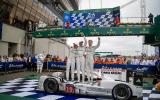


Join the debate
Add your comment
No doubt
Blitzkrieg!
Great result